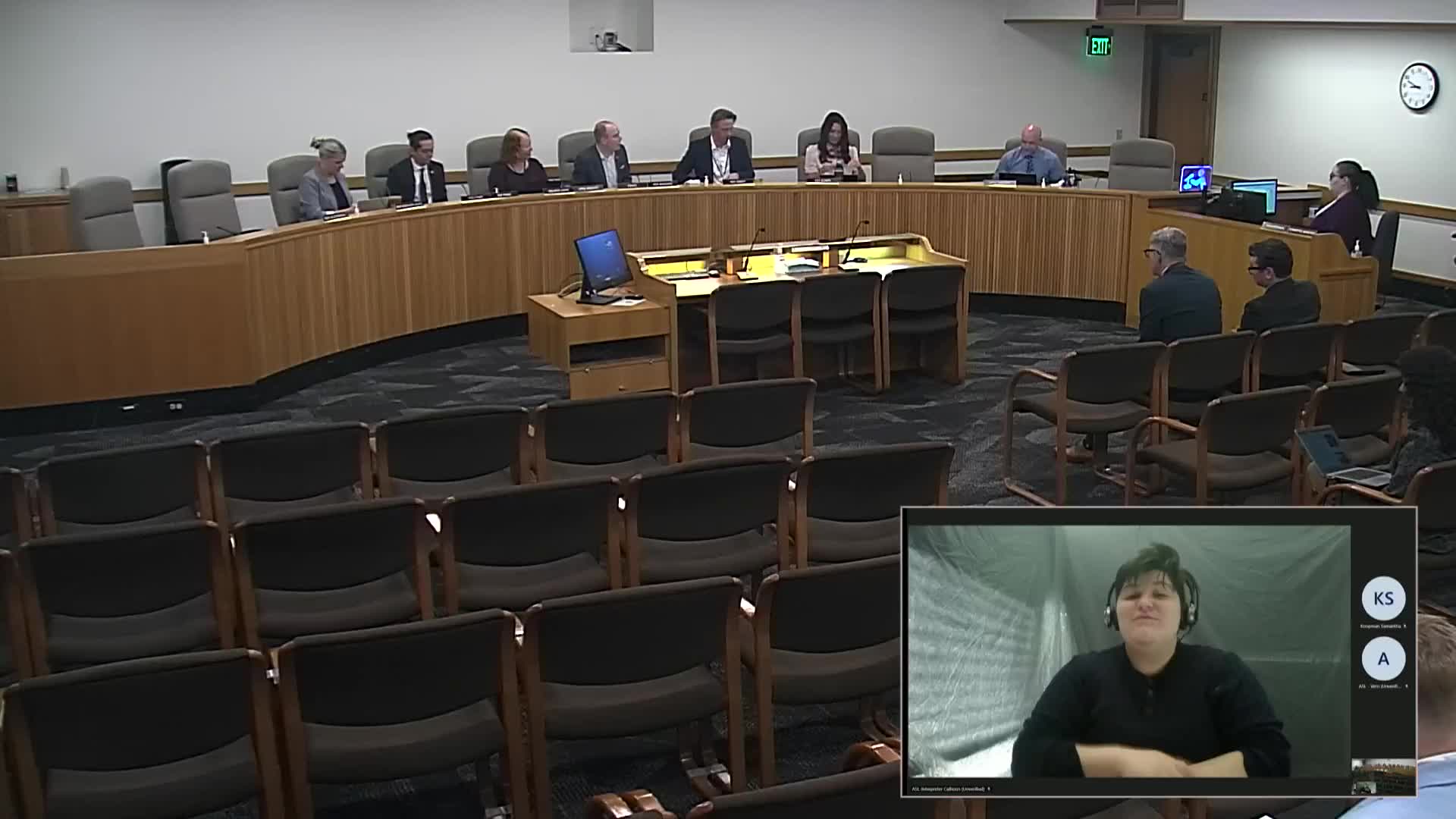House Rules Committee holds public hearing on HB 3134 to standardize prior authorization reporting and electronic process
Get AI-powered insights, summaries, and transcripts
Subscribe
Summary
The House Committee on Rules held a public hearing April 23 on House Bill 3134, dash 4, which would require insurers to annually report specified prior-authorization data, ban certain intraoperative prior-authorization requirements, and require an interoperable prior-authorization interface aligned with federal rules.
The House Committee on Rules held a public hearing April 23 on House Bill 3134, dash 4, which would require insurers to annually report specified prior-authorization data to the Department of Consumer and Business Services, prohibit certain prior-authorization requirements during surgery and for related procedures discovered in surgery, and require insurers to adopt an interoperable prior-authorization application programming interface that aligns with federal requirements and rules. Committee Chair Bowman opened and later closed the hearing; no vote was taken.
The bill’s sponsor, Representative Rob Noss, state representative for House District 42, told the committee the dash-4 amendment pares the measure down to three core provisions after earlier, larger drafts failed to move. “If we're going to get better at evaluating this, we ought to have information to do that,” Noss said, arguing the measure would make data the state already collects publicly available. He described current prior-authorization processes as “a Byzantine set of circumstances for approving procedures,” citing variable rules across carriers, manual reviews and long hold times.
Under the dash-4 language explained to the committee, insurers would be required to submit specified prior-authorization data and information annually to the Department of Consumer and Business Services, which the department would be required to publish in an aggregated, de-identified report by March 1 each year. The amendment also would prohibit insurers from requiring additional prior authorization for related procedures discovered during an approved surgical procedure when those procedures are covered by the patient’s plan and are not experimental or investigational. Finally, the bill would require insurers to use a prior-authorization application programming interface (API) that complies with federal requirements, allowing providers to determine whether authorization is required, what documentation is necessary and to transmit requests securely. Sponsors said the interoperability provisions would become effective in January 2027 to align with federal implementation timelines finalized in January 2024.
Courtney Dresser of the Oregon Medical Association, speaking in support, described clinician workload and burnout and said prior authorization adds significant administrative burden: “Clinicians at this point in time, are struggling. They are fed up. Sick of it.” She and Noss said the bill is intended as a first step to reduce that burden and to create data that policymakers can use later to consider additional changes.
Representatives of payers told the committee they are neutral on the dash-4 amendment but emphasized the role prior authorization can play in patient safety and cost control. Rick Blackwell, director of Oregon government relations for PacificSource, said, “Prior authorizations in our view are a legitimate and necessary way to ensure providers and payers are partnering with each other to promote patient safety and prevent inappropriate utilization of medical services and medications.” Marianne Cooper, director of government relations at Regence Blue Cross Blue Shield of Oregon, said Regence supports aligning state requirements with final federal rules and noted that “90% of every premium dollar pays directly for our members' medical claims and expenses.”
Witnesses discussed implementation details and limits. Insurers and advocates said the federal rule governs federally regulated plans (for example, Medicare Advantage) but not all commercial, fully insured plans; sponsors said the state-level measure would extend similar interoperability requirements to fully insured commercial plans. Testimony noted the federal interoperability standard is FHIR-based and that some providers will need to enroll or undertake modest IT work to participate; insurers said larger providers have already integrated and that wider market participation would increase the benefits of automation. Payers also described existing state laws passed in recent sessions that set timelines and reporting requirements for prior authorization; witnesses referenced prior enactments (Senate Bill 249 of 2019 and House Bill 2517 of 2021) while urging careful, incremental change.
No motion or vote occurred at the hearing. Chair Bowman closed the public hearing and adjourned the committee. The bill remains in committee for further consideration.
Ending note: The bill’s sponsors and several payers said the dash-4 was intended to align state requirements with federal interoperability rules and to give policymakers data to evaluate future reforms; proponents described the package as a limited, implementable first step rather than a final policy overhaul.
